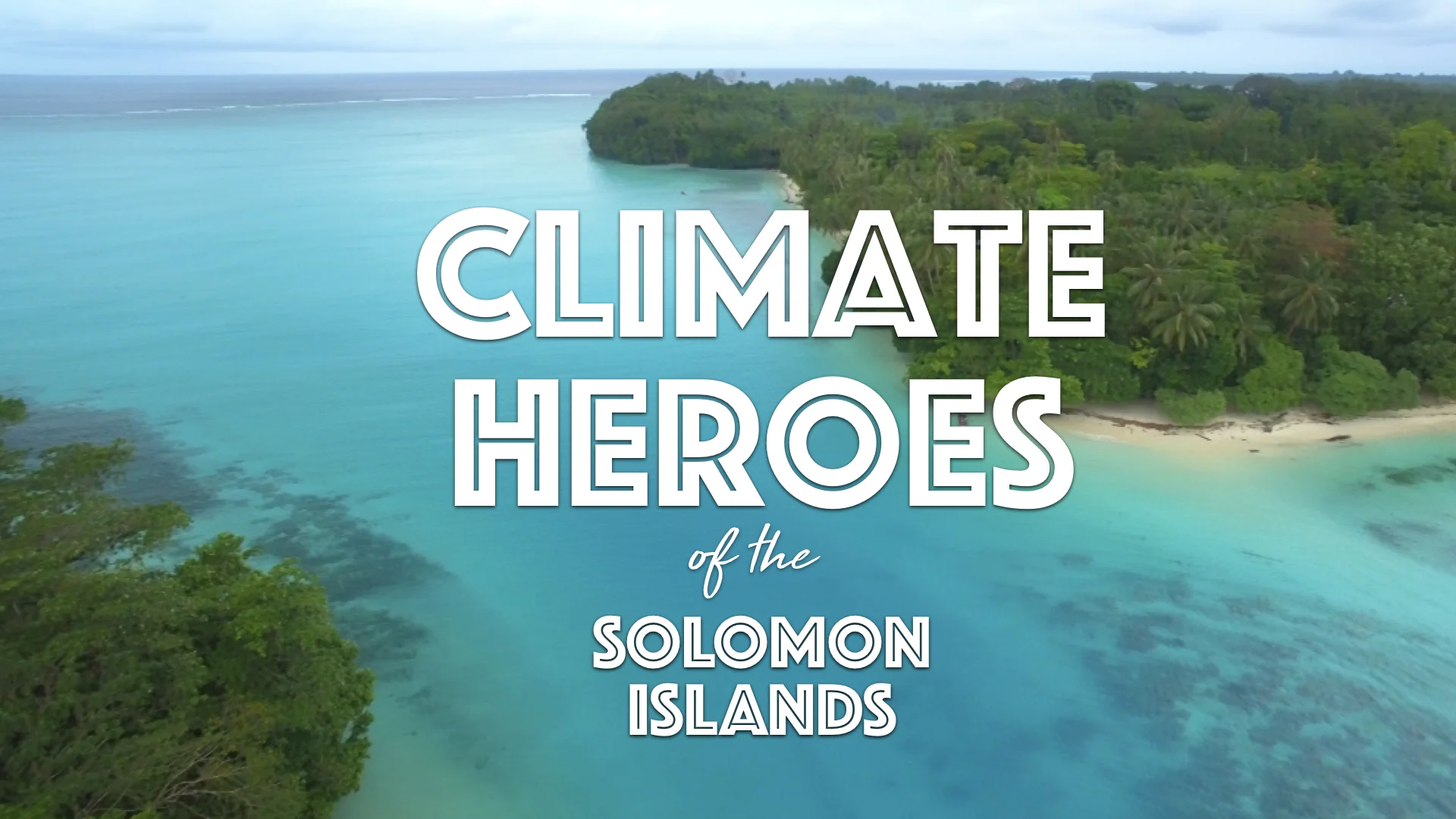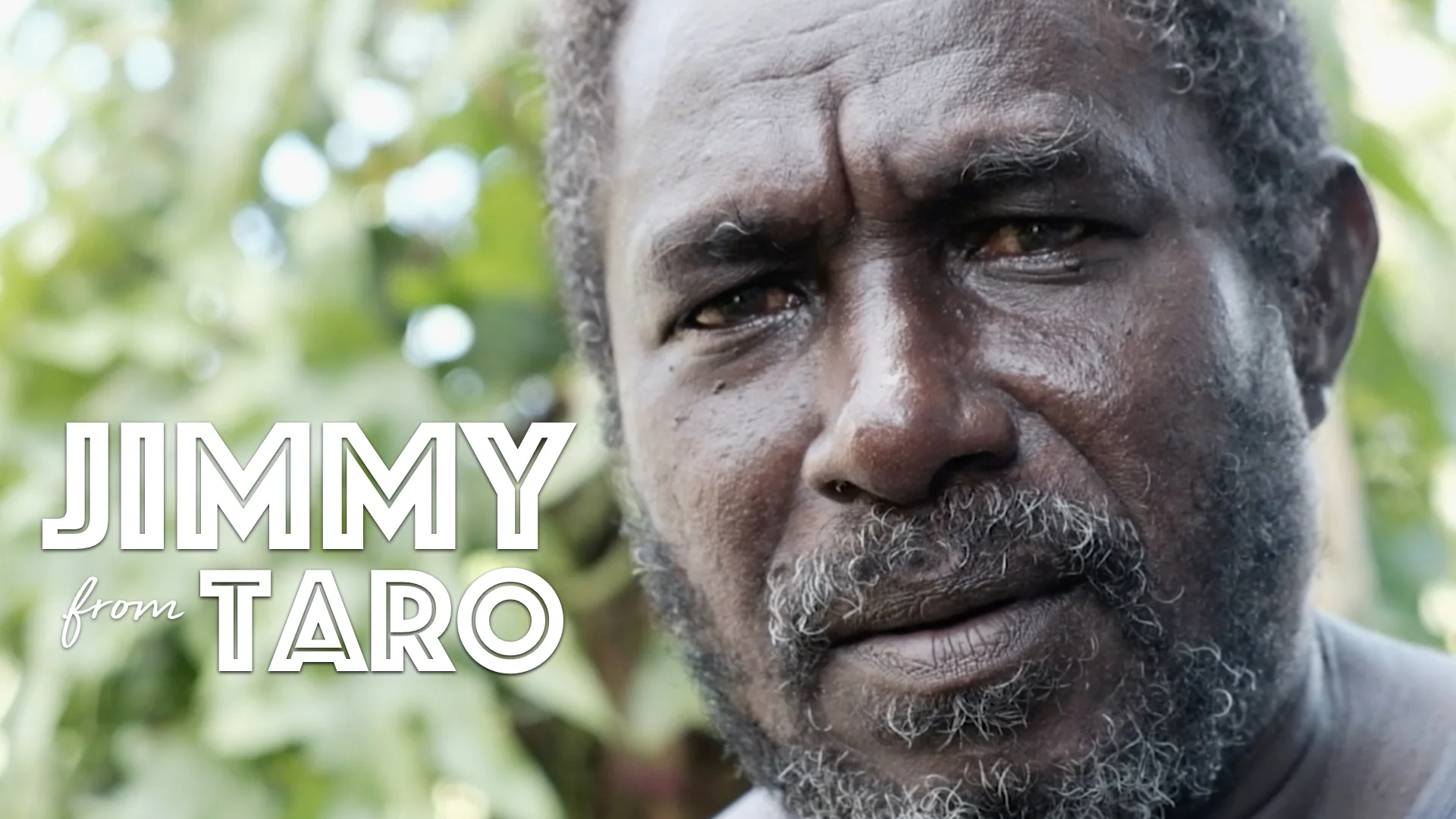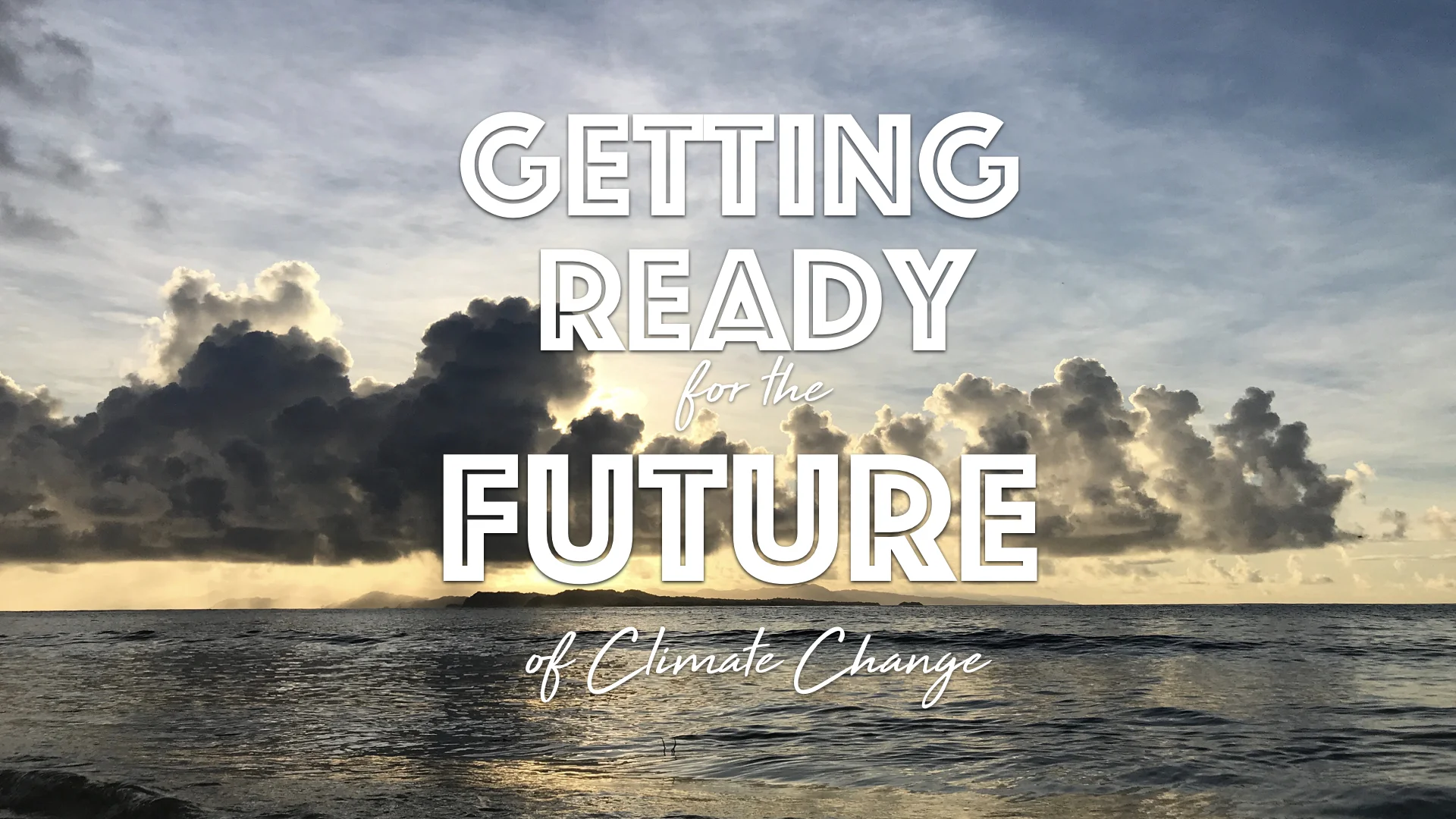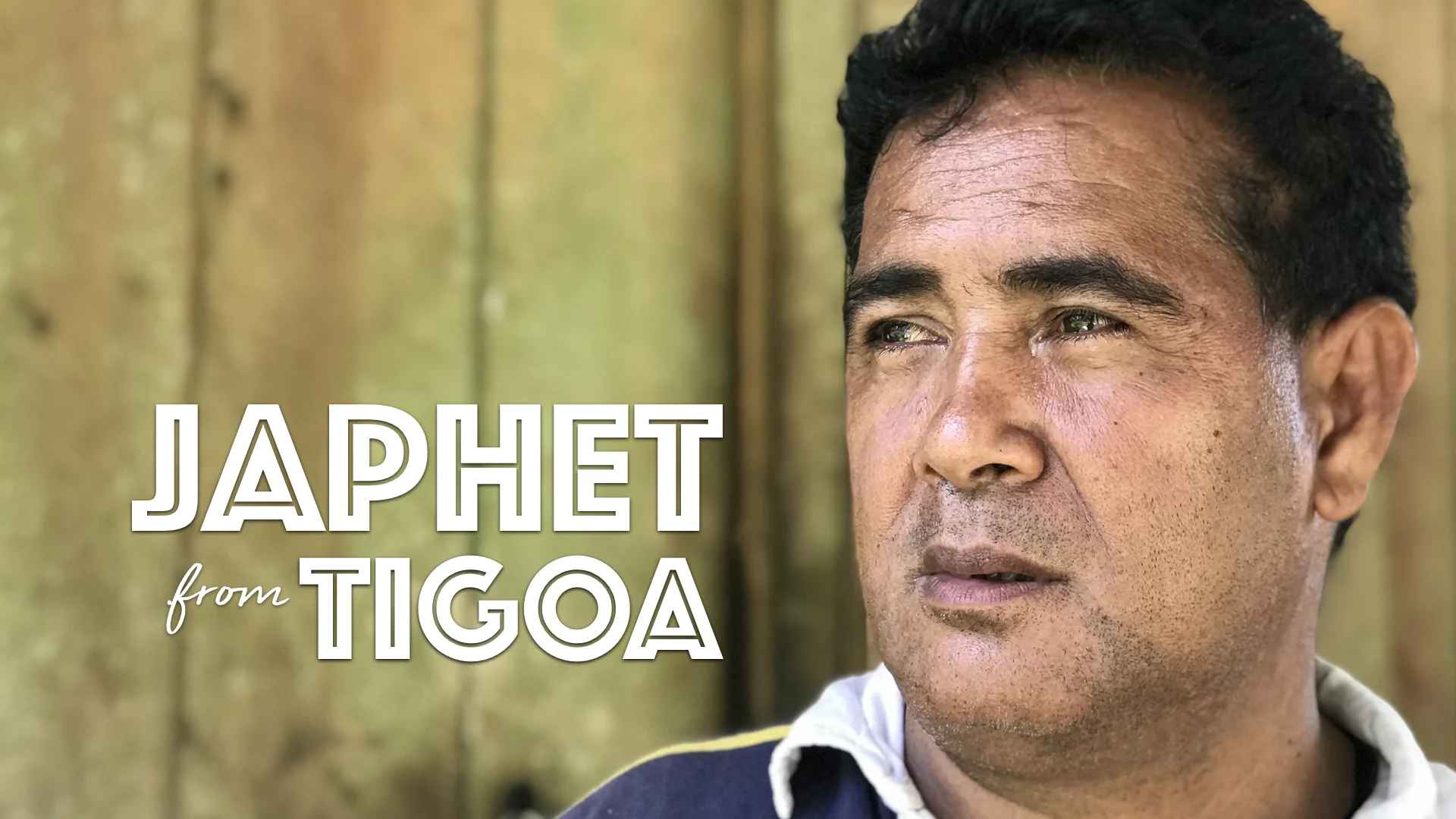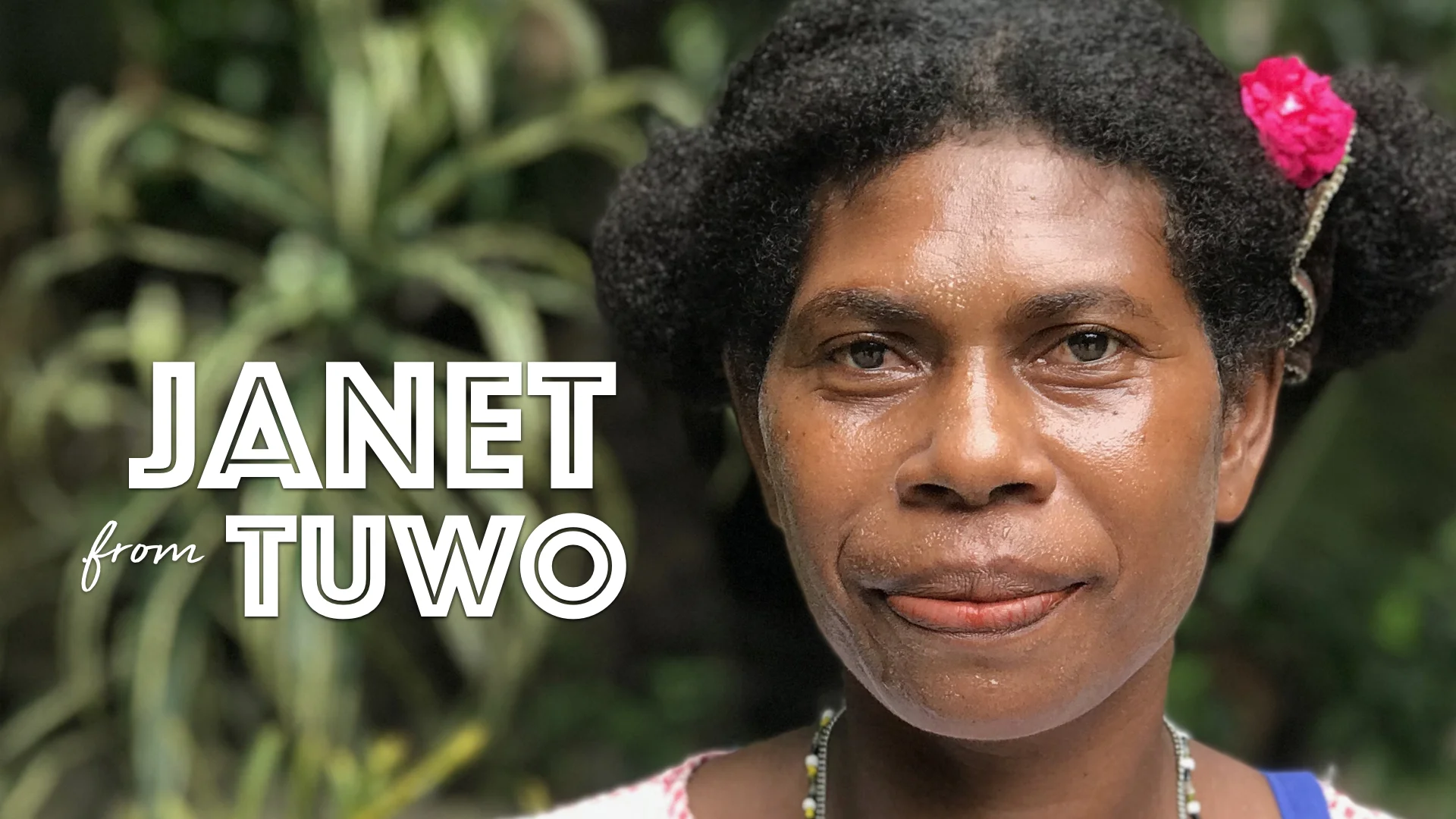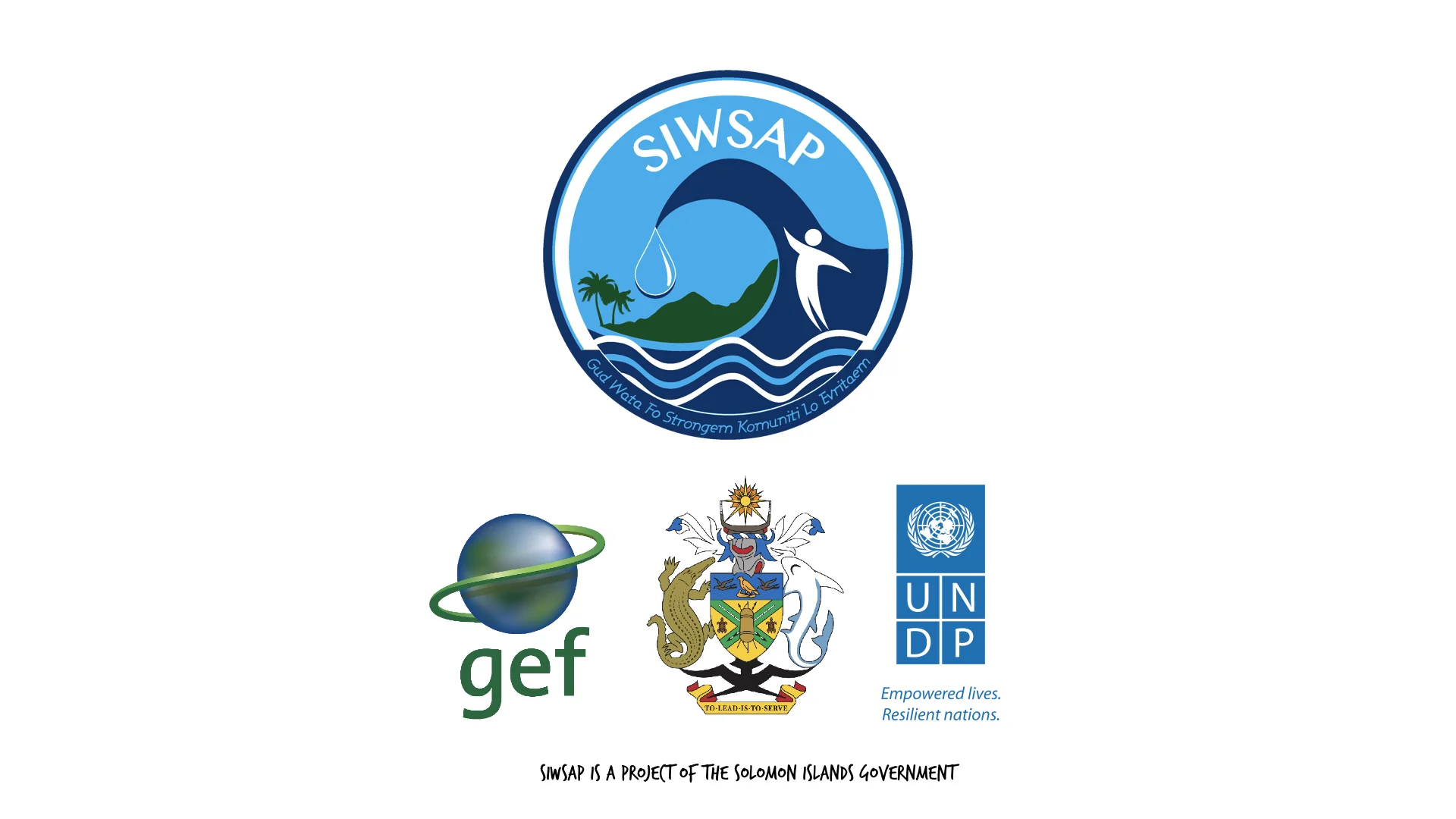Climate Heroes on the Frontline
UNDP is working with the Solomon Islands Government to help communities adapt to a changing climate. The project is building on the momentum from climate leaders in each community. These are some of the 'climate change heroes' who are making a difference in the adaptation by working with their friends and families toward a more resilient future. Their concerns and local activism are woven into a dynamic alliance with adaptation projects to form a grassroots movement working to help people prepare for the future of climate change.
'Climate Heroes' distills the concerns of communities on the frontline of climate change. SIWSAP is building on a rich culture of adaptation that is deeply rooted in Melanesian kastom and traditions. Working with allies to accelerate the transition is central to the SIWSAP approach as the project looks to support existing local leaders and equip them with what they need to face the coming challenges. To learn more about the SIWSAP approach to adaptation, click here: https://bit.ly/2uZakhs
Nellie is from the small coral atoll of Santa Catalina in the province of Makira. She’s already had to move houses after an earthquake made her part of the island more vulnerable to sea level rise. She says the future of the community is bleak with the increasing threats of climate change. To learn more about the SIWSAP approach to adaptation, click here: https://bit.ly/2uZakhs
Jimmy is an unlikely climate hero. For years he ran a shop selling imported food with limited nutritional value. Because of climate change he says his community needs to go back to traditional ways and grow their own food. To learn more about the SIWSAP approach to adaptation, click here: https://bit.ly/2uZakhs
This photo story takes you into the communities where SIWSAP works and gives you a glimpse of the complex challenges people are facing.
Rendy Solomon carries a plastic bag with her wherever she goes. She’s always on the look out for more plastic rubbish so she and her friends from Plasticwise Gizo can use the trash to make handbags and other creative handicrafts. To learn more about the SIWSAP approach to adaptation, click here: https://bit.ly/2uZakhs
Japhet is from the Polynesian island of Rennell but he says their culture is under threat because of climate change and bauxite mining operations that are ripping his island apart. To learn more about the SIWSAP approach to adaptation, click here: https://bit.ly/2uZakhs
Janet is from Tuwo out on the Reef Islands of Temotu province. Salty water from rising sea levels are killing her fruit trees and longer droughts make growing food even more challenging. To learn more about the SIWSAP approach to adaptation, click here: https://bit.ly/2uZakhs
A one minute musical mediation on the faces of the people on the frontline of climate chnage.
Communities in the Solomon Islands are on the frontline of climate change working with the Government and experts from the UN Development Programme to find ways to adapt to the changing environment.
Under the Solomon Islands Water Sector Adaptation Project, “Gud Wata Fo Strongem Komuniti Lo Evritaem", communities across the country have become innovation hubs to test and refine methods to cope with issues like drought, salination of wells and the loss of crops to the encroaching sea. The goal is to equip people with the resilience to meet the challenges of the future and serve as a replicable model of adaptation around the Pacific and the world.
The Solomon Islands Water Sector Adaptation Project, “Gud Wata Fo Strongem Komuniti Lo Evritaem", is funded by the GEF-Least Developed Countries Fund and implemented by the Water Resources Division of Ministry of Mines, Energy and Rural Electrification with technical support from the United Nations Development Programme. The project aims to improve the resilience of water resources to the impacts climate change and improve health, sanitation and quality of life, so that livelihoods can be enhanced and sustained in the targeted vulnerable areas.
To find out more, go to: http://siwsap.org.sb/
